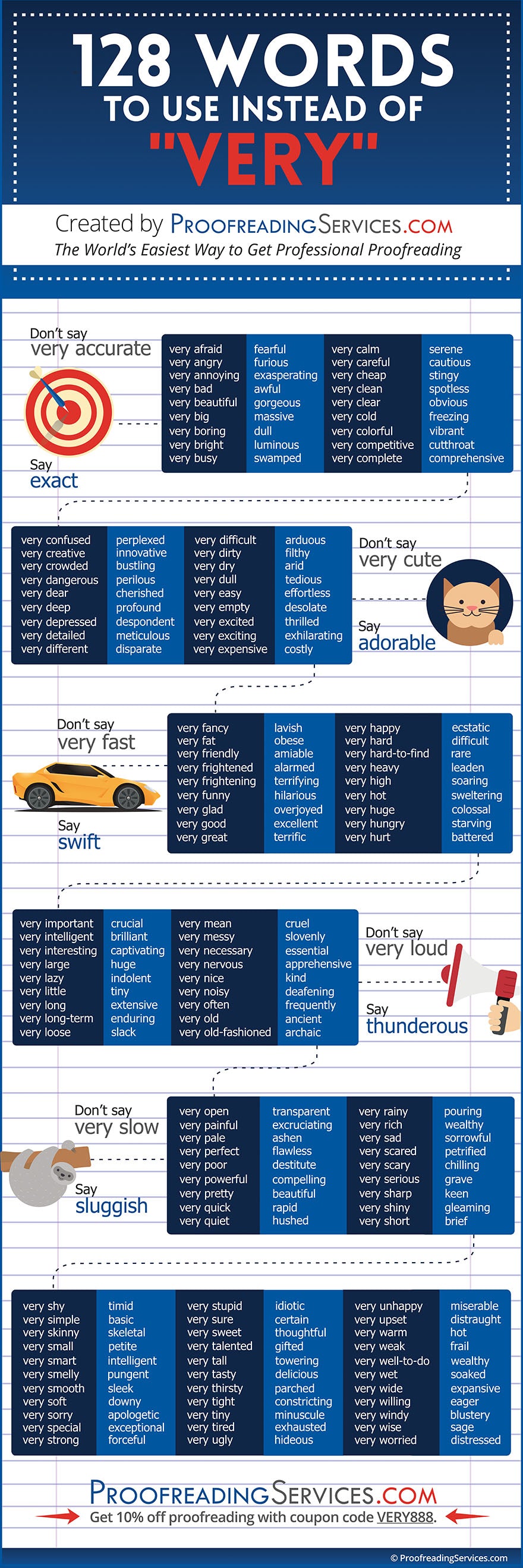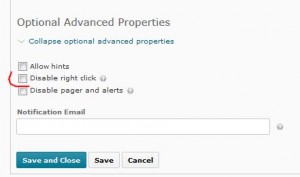doctoral cohort student’s request for literature: “I am looking for some more resources around the historical context of teacher evaluation.”
pre-existing bibliography:
Allen, J., Gregory, A., Mikami, A. I., Lun, J., Hamre, B., & Pianta, R. (2013). Observations of Effective Teacher-Student Interactions in Secondary School Classrooms: Predicting Student Achievement With the Classroom Assessment Scoring System—Secondary. School Psychology Review, 42(1), 76–98.
Alonzo, A. C. (2011). COMMENTARIES Learning Progressions That Support Formative Assessment Practices. Measurement, 9, 124–129. http://doi.org/10.1080/15366367.2011.599629
Baker, B. D., Oluwole, J. O., & Green, P. C. (2013). The Legal Consequences of Mandating High Stakes Decisions Based on Low Quality Information: Teacher Evaluation in the Race-to-the-Top Era. Education Policy Analysis Archives, 21(5), 1–71. http://doi.org/http://epaa.asu.edu/ojs/article/view/1298
Benedict, A. E., Thomas, R. a., Kimerling, J., & Leko, C. (2013). Trends in Teacher Evaluation. Teaching Exceptional Children. May/Jun2013, 45(5), 60–68.
Bonavitacola, A. C., Guerrazzi, E., & Hanfelt, P. (2014). TEACHERS’ PERCEPTIONS OF THE IMPACT OF THE McREL TEACHER EVALUATION SYSTEM ON PROFESSIONAL GROWTH.
Charlotte Danielson. (2016). Creating Communities of Practice. Educational Leadership, (May), 18 – 23.
Darling-Hammond, L., Wise, A. E., & Pease, S. R. (1983). Teacher Evaluation in the Organizational Context: A Review of the Literature. Review of Educational Research, 53(3), 285–328. http://doi.org/10.3102/00346543053003285
Darling-Hammond, L., Jaquith, A., & Hamilton, M. (n.d.). Creating a Comprehensive System for Evaluating and Supporting Effective Teaching.
Derrington, M. L. (n.d.). Changes in Teacher Evaluation: Implications for the Principal’s Work.
Gallagher, H. A. (2004). Vaughn Elementary’s Innovative Teacher Evaluation System: Are Teacher Evaluation Scores Related to Growth in Student Achievement? Peabody Journal of Education, 79(4), 79–107. http://doi.org/10.1207/s15327930pje7904_5
Hallgren, K., James-Burdumy, S., & Perez-Johnson, I. (2014). STATE REQUIREMENTS FOR TEACHER EVALUATION POLICIES PROMOTED BY RACE TO THE TOP.
Hattie Helen E-Mail Address, J. T., Hattie, J., & Timperley, H. (2007). The power of feedback. [References]. Review of Educational Research, .77(1), 16–7. http://doi.org/10.3102/003465430298487
Hazi, H. M. (n.d.). Legal Challenges to Teacher Evaluation: Pitfalls and Possibilities in the States. http://doi.org/10.1080/00098655.2014.891898
Ingle, W. K., Willis, C., & Fritz, J. (2014). Collective Bargaining Agreement Provisions in the Wake of Ohio Teacher Evaluation System Legislation. Educational Policy. http://doi.org/10.1177/0895904814559249
Marzano, R. J. (2012). The Two Purposes of Teacher Evaluation. Educational Leadership, 70(3), 14–19. Retrieved from http://search.ebscohost.com/login.aspx?direct=true&db=aph&AN=83173912&site=ehost-live
Moskal, A. C. M., Stein, S. J., & Golding, C. (2016). Assessment & Evaluation in Higher Education Can you increase teacher engagement with evaluation simply by improving the evaluation system? Can you increase teacher engagement with evaluation simply by improving the evaluation system? http://doi.org/10.1080/02602938.2015.1007838
Quinn, A. E. (n.d.). The Delta Kappa Gamma Bulletin Looking a t th e B igger Picture w ith Dr. R o b ert M arzan o : Teacher E valuation and D e v e lo p m e n t fo r Im p ro ved S tu d en t Learning.
Riordan, J., Lacireno-Paquet, Shakman, N., Bocala, K., & Chang, C. (2015). Redesigning teacher evaluation: Lessons from a pilot implementation. Retrieved from http://ies.ed.gov/
Taylor, E. S., & Tyler, J. H. (n.d.). Evidence of systematic growth in the effectiveness of midcareer teachers Can Teacher Evaluation Improve Teaching?
Tuytens, M., & Devos, G. (n.d.). The problematic implementation of teacher evaluation policy: School failure or governmental pitfall? http://doi.org/10.1177/1741143213502188
Wong, W. Y., & Moni, K. (2013). Teachers’ perceptions of and responses to student evaluation of teaching: purposes and uses in clinical education. http://doi.org/10.1080/02602938.2013.844222
my list of literature:
Avalos, B., & Assael, J. (2006). Moving from resistance to agreement: The case of the Chilean teacher performance evaluation. International Journal of Educational Research, 45(4-5), 254-266.
Cowen, J. M., & Fowles, J. (2013). Same contract, different day? an analysis of teacher bargaining agreements in Louisville since 1979. Teachers College Record, 115(5)
Flippo, R. F. (2002). Repeating history: Teacher licensure testing in Massachusetts. Journal of Personnel Evaluation in Education, 16(3), 211-29.
Griffin, G. (1997). Teaching as a gendered experience. Journal of Teacher Education, 48(1), 7-18.
Hellawell, D. E. (1992). Structural changes in education in England. International Journal of Educational Reform, 1(4), 356-65.
Hibler, D. W., & Snyder, J. A. (2015). Teaching matters: Observations on teacher evaluations. Schools: Studies in Education, 12(1), 33-47.
Hill, H. C., & Grossman, P. (2013). Learning from teacher observations: Challenges and opportunities posed by new teacher evaluation systems. Harvard Educational Review, 83(2), 371-384.
Hines, L. M. (2007). Return of the thought police?: The history of teacher attitude adjustment. Education Next, 7(2), 58-65.
Kersten, T. A. (2006). Teacher tenure: Illinois school board presidents’ perspectives and suggestions for improvement. Planning and Changing, 37(3-4), 234-257.
Kersten, T. A., & Israel, M. S. (2005). Teacher evaluation: Principals’ insights and suggestions for improvement. Planning and Changing, 36(1-2), 47-67.
Korkmaz, I. (2008). Evaluation of teachers for restructured elementary curriculum (grades 1 to 5). Education, 129(2), 250-258.
Lamb, M. L., & Swick, K. J. (1975). Historical overview of teacher observation Educational Forum.
Maharaj, S. (2014). Administrators’ views on teacher evaluation: Examining Ontario’s teacher performance appraisal. Canadian Journal of Educational Administration and Policy, (152)
Naba’h, A. A., Al-Omari, H., Ihmeideh, F., & Al-Wa’ily, S. (2009). Teacher education programs in Jordan: A reform plan. Journal of Early Childhood Teacher Education, 30(3), 272-284.
Ornstein, A. C. (1977). Critics and criticism of education Educational Forum.
Pajak, E., & Arrington, A. (2004). Empowering a profession: Rethinking the roles of administrative evaluation and instructional supervision in improving teacher quality. Yearbook of the National Society for the Study of Education, 103(1), 228-252.
Stamelos, G., & Bartzakli, M. (2013). The effect of a primary school teachers, trade union on the formation and realisation of policy in Greece: The case of teacher evaluation policy. Policy Futures in Education, 11(5), 575-588.
Stamelos, G., Vassilopoulos, A., & Bartzakli, M. (2012). Understanding the difficulties of implementation of a teachers’ evaluation system in greek primary education: From national past to european influences. European Educational Research Journal, 11(4), 545-557.
Sullivan, J. P. (2012). A collaborative effort: Peer review and the history of teacher evaluations in Montgomery county, Maryland. Harvard Educational Review, 82(1), 142-152.
Tierney, W. G., & Lechuga, V. M. (2005). Academic freedom in the 21st century. Thought & Action, , 7-22.
Turri, M. (2014). The new italian agency for the evaluation of the university system (ANVUR): A need for governance or legitimacy? Quality in Higher Education, 20(1), 64-82.
VanPatten, J. J. (1972). Some reflections on accountability Journal of Thought.
Vijaysimha, I. (2013). Teachers as professionals: Accountable and autonomous? review of the report of the justice Verma commission on teacher education. august 2012. department of school education and literacy, ministry of human resource development, government of India. Contemporary Education Dialogue, 10(2), 293-299.
Vold, D. J. (1985). The roots of teacher testing in America. Educational Measurement: Issues and Practice, 4(3), 5-7.
Wermke, W., & Höstfält, G. (2014). Contextualizing teacher autonomy in time and space: A model for comparing various forms of governing the teaching profession. Journal of Curriculum Studies, 46(1), 58-80.
Ydesen, C., & Andreasen, K. E. (2014). Accountability practices in the history of Danish primary public education from the 1660s to the present. Education Policy Analysis Archives, 22(120)

